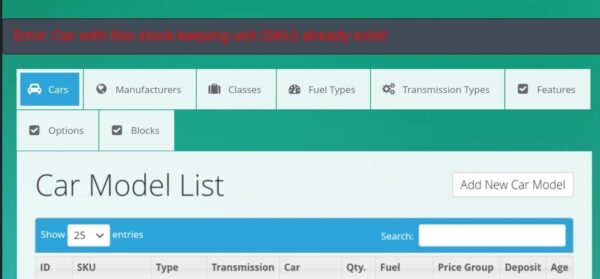Mood swings and the need for more privacy are all normal parts of life when you’re raising a 13-year-old. Knowing how to respond to rule breaking and rude behavior can give you confidence in your parenting skills heading into the teenage years. A teenager can behave responsibly one day and act like a small child the next. This is all a normal part of growing up. It is also normal for 13-year-olds to start experimenting with different people as they begin to answer the question “Who am I?”
Avoid power struggles – When your teen says, “That’s not fair,” or “I’ll do it later,” don’t argue. Set a firm boundary and state the consequence.
Clarify Your Expectations – Before you drop your child off at the movies or walk alone to the park, clarify your expectations. Tell him what to do if he has a problem or what time he should be home.
Allow your teen to earn some privileges – Whether your teen is asking for expensive basketball shoes or asking for a later bedtime, make it clear that privileges must be earned. If your teen’s behavior doesn’t warrant privileges, don’t let them have them.
Create a behavior contract – When you give your child a new privilege, like a smartphone for example, create a behavior contract. Review the rules and outline the consequences for breaking the rules. Make him sign the contract before he gets the privilege.
Communicate regularly – Healthy communication is at the heart of any good relationship. It’s important to talk about everything from peer pressure to goals for the future. When your teen knows he/she can talk to you, he/she is more likely to seek your guidance.
Be a good role model – Your teen learns more by watching what you do than by listening to what you say. So make sure you are a good role model in all areas of your life for your teen.
Spend time together – Spending time together will help you build a strong foundation for your relationship. Be ready to enter the world of a teenager by learning how to play a video game or watching a teen movie.
Ditch the electronics – From smartphones to laptops, screen time is important to most teens. This is a great privilege that can be taken away when the teenager breaks the rules. Just make sure it’s for a limited time. Usually, 24 hours is enough to send a clear message to your teen.
Take away time spent with friends – If a young person’s bad behavior involves friends, take away the right to see friends for a while. Cut it off for a few days or cancel weekend plans.
When to seek professional help? If your 13-year-old’s behavior has gotten out of control or your discipline strategies aren’t working, talk to your child’s doctor. A referral to a mental health professional may be helpful. It is important to rule out underlying mental health issues such as depression or behavioral disorders such as oppositional defiant disorder. Even in the absence of a mental health problem or behavioral disorder, professional help may still be warranted. The teen may benefit from learning social skills or anger management strategies.













